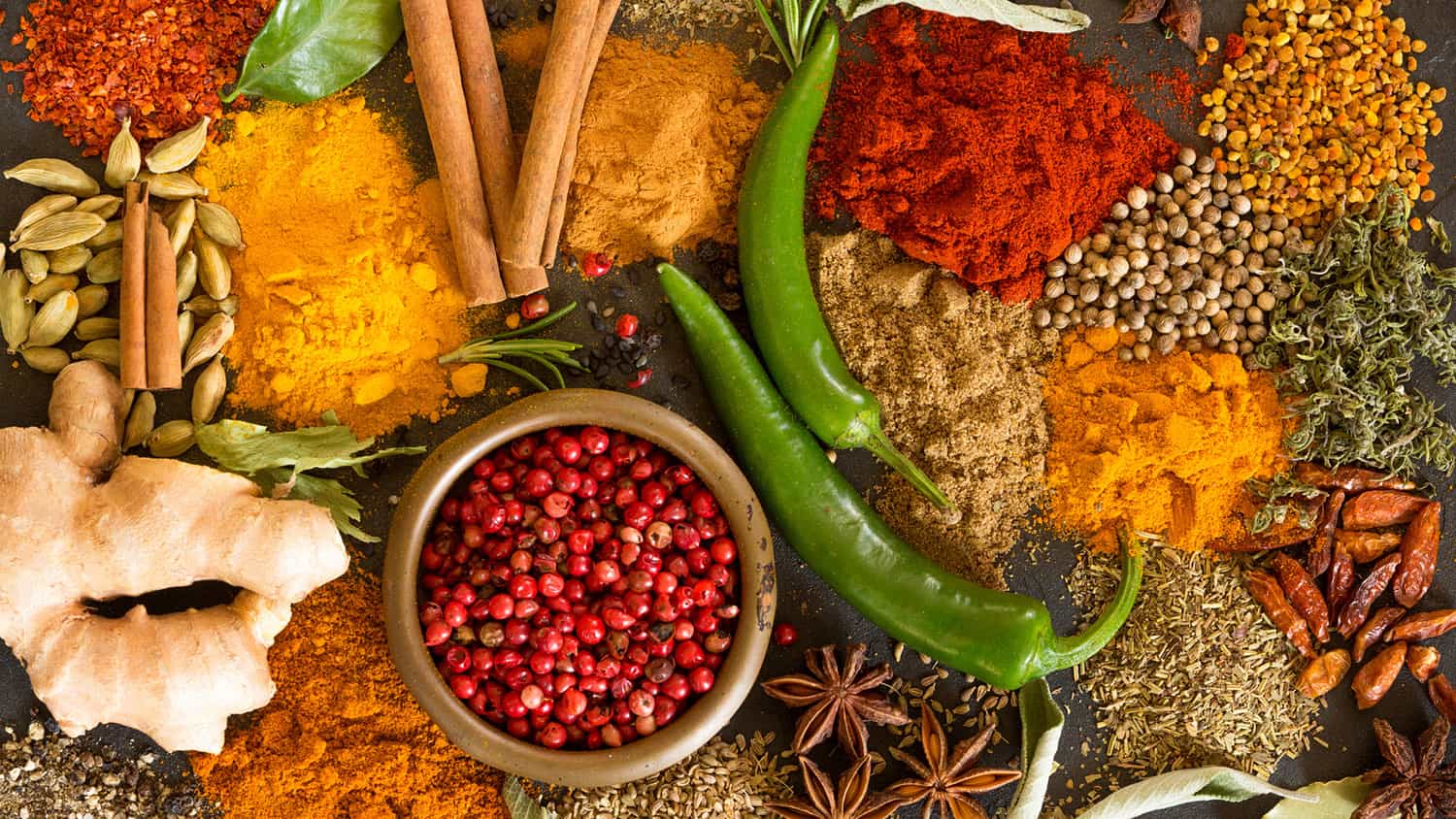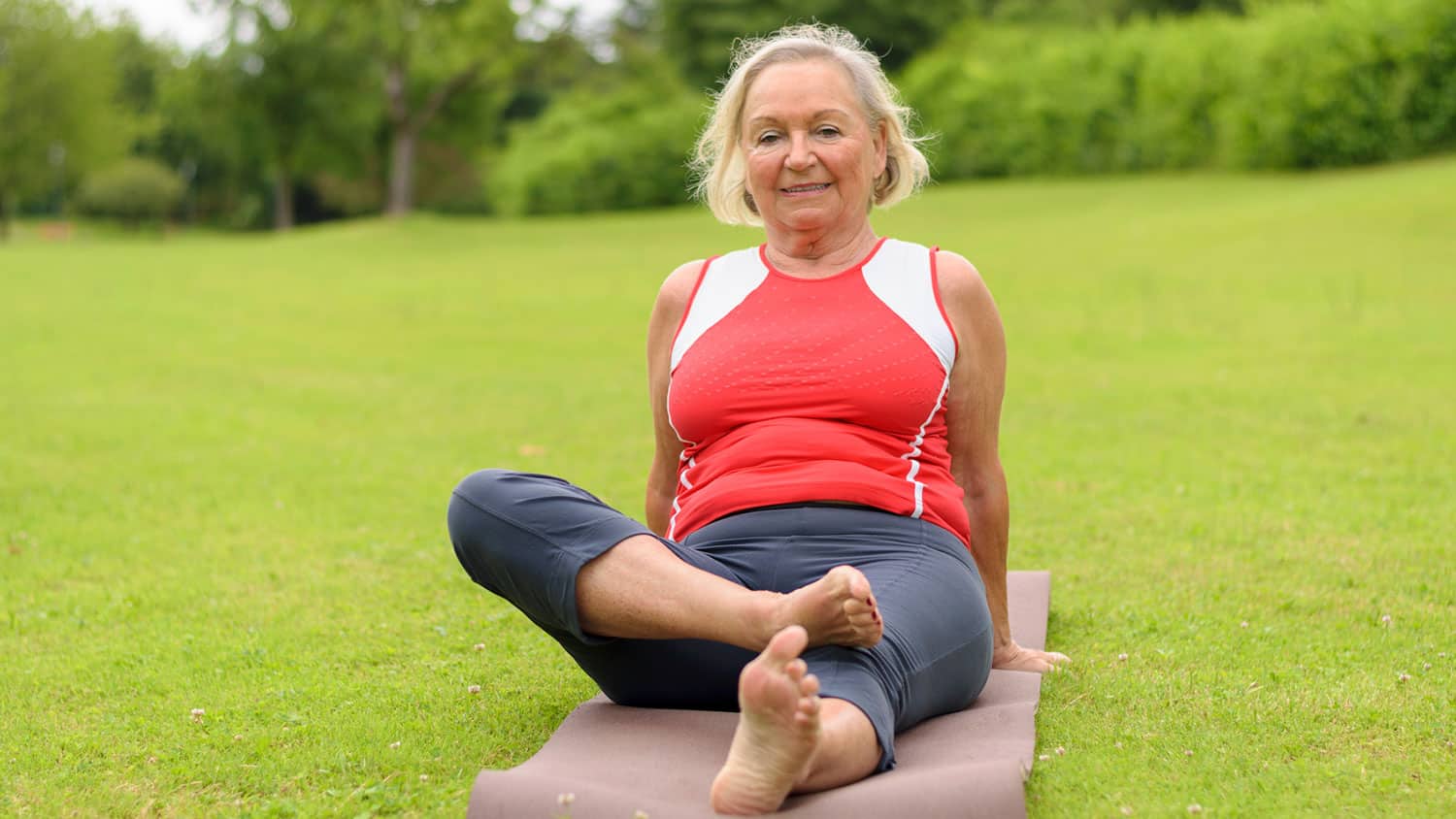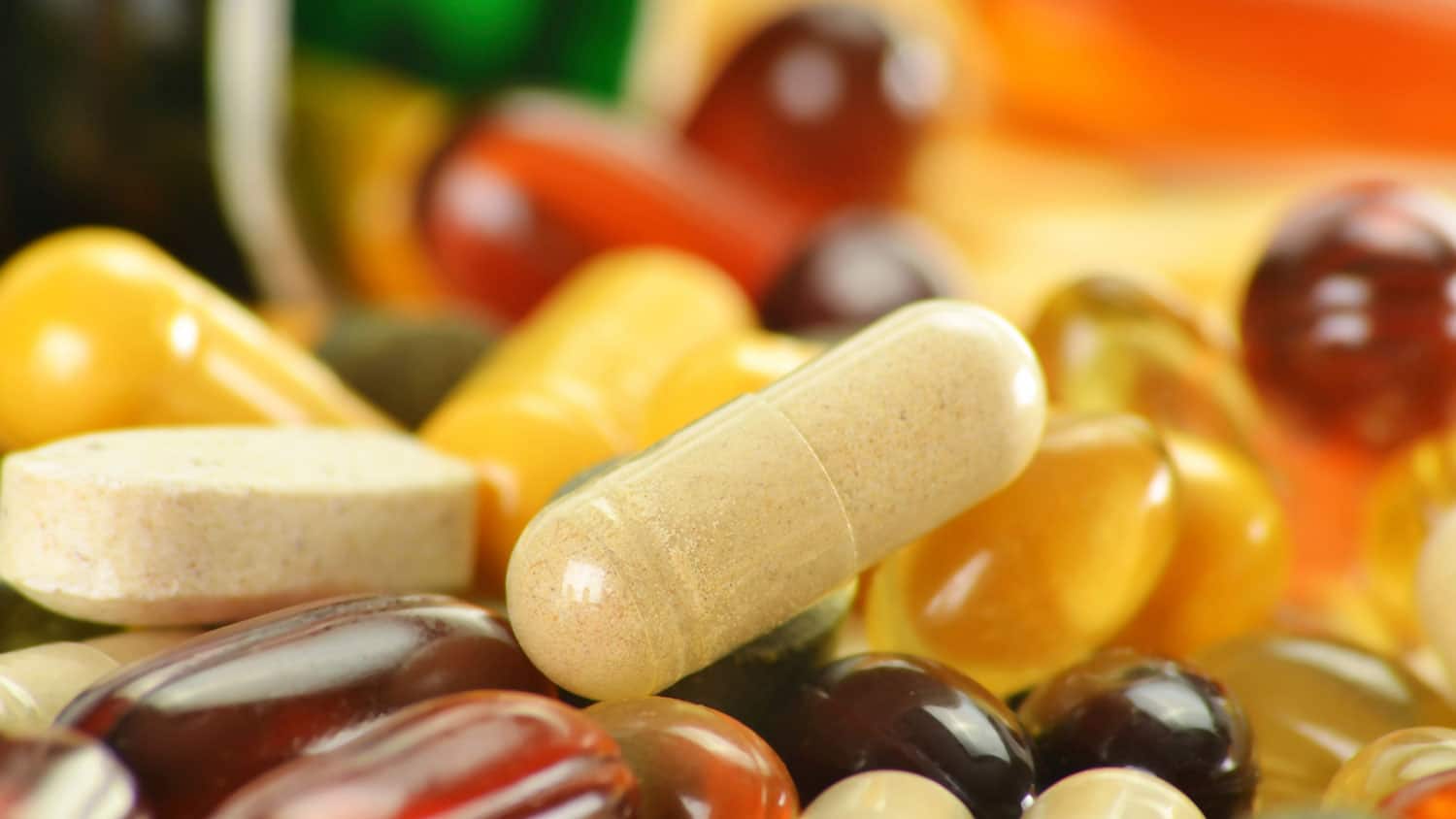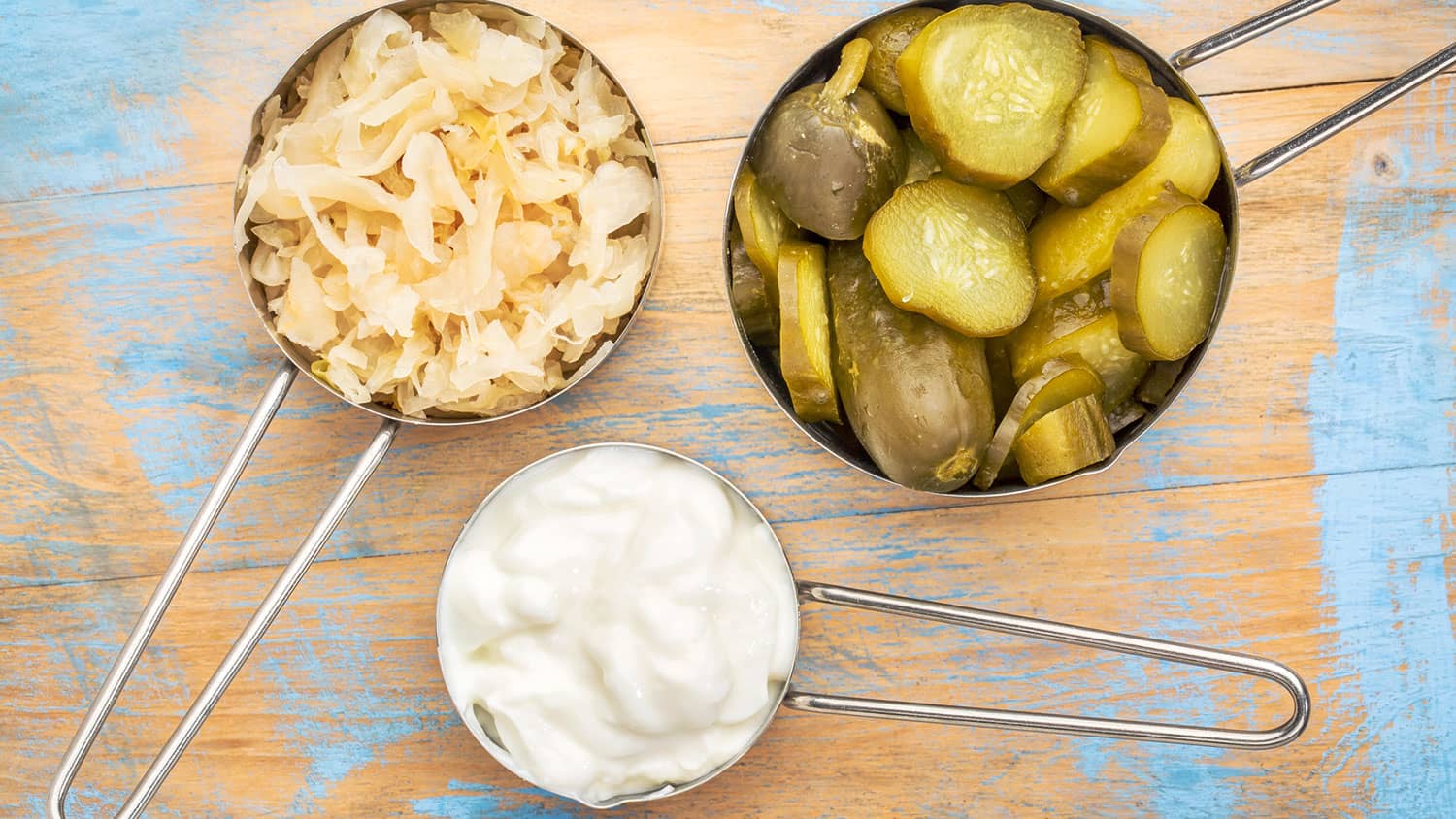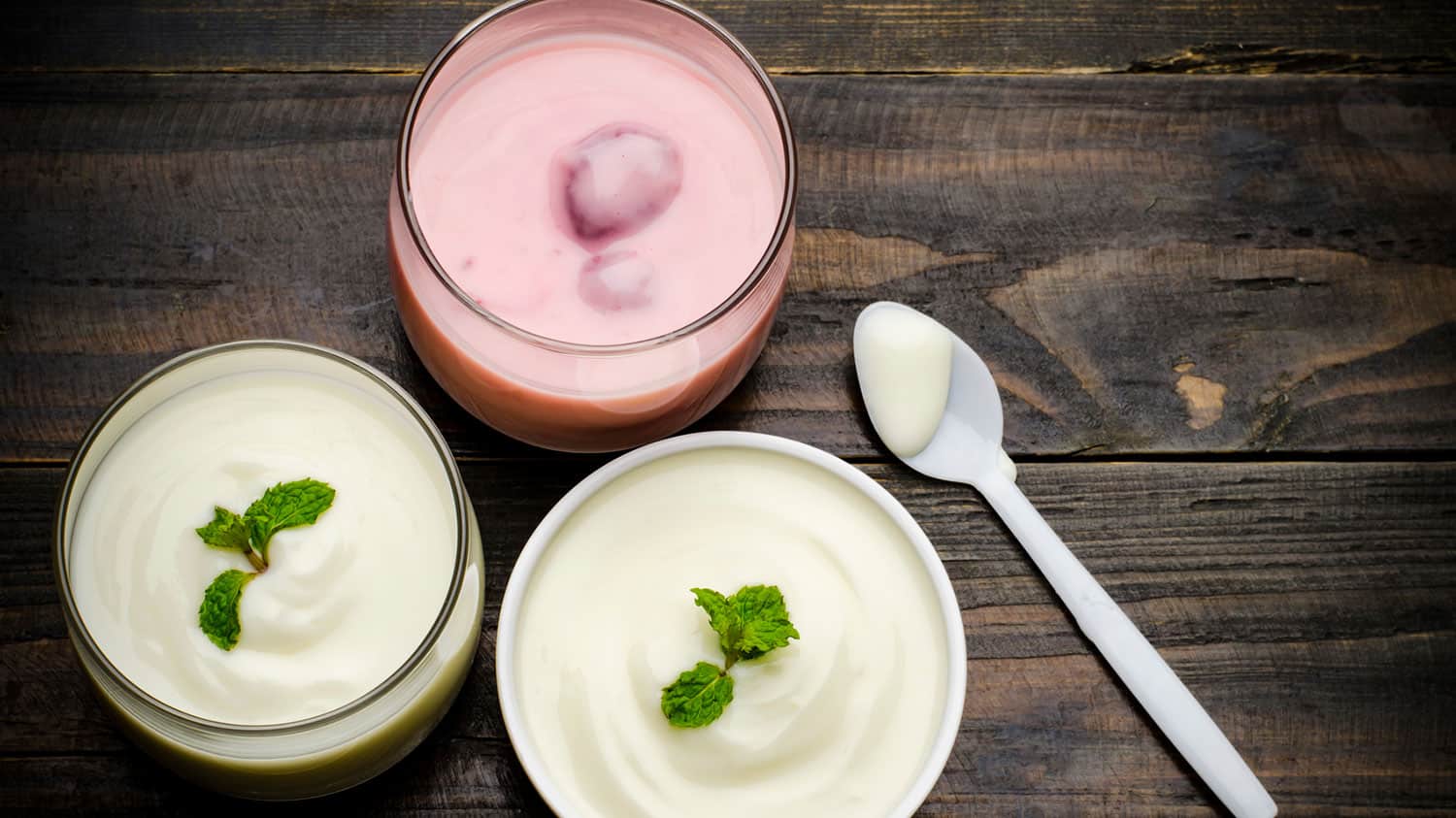10 Questions to Ask About Your Heart Health After 50
Researchers estimate that almost one in three heart attacks are linked with eating an unhealthy diet while an unhealthy lifestyle – smoking, not exercising, drinking too much alcohol – accounts for many of the others. Following a heart-friendly…
Read More







